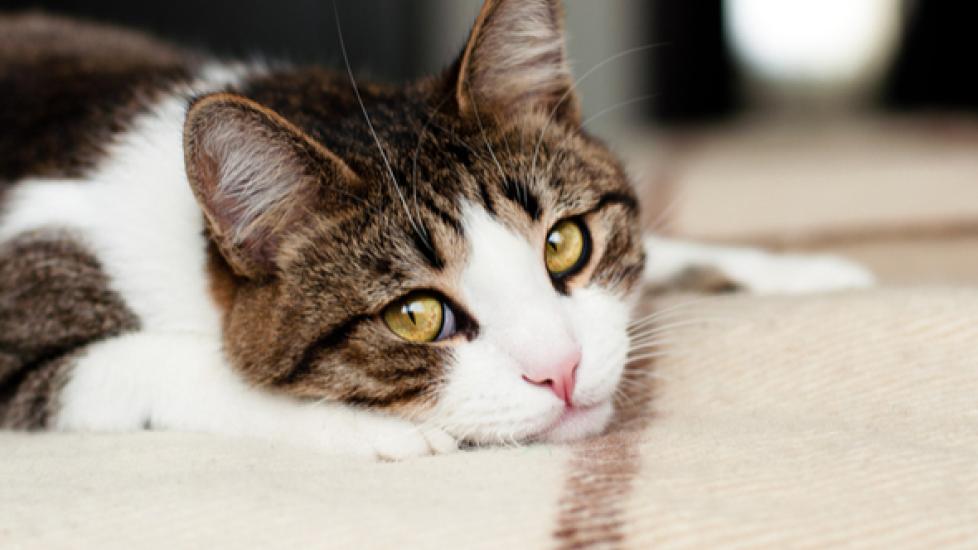 Cats are known for their delicate digestive systems, and it’s not uncommon to see them experience stomach issues from time to time. Whether your feline friend is suffering from diarrhea, constipation, or general upset tummy symptoms, as a pet owner, you want to do everything possible to alleviate their discomfort. In this article, we will explore various methods that can help soothe cat stomach problems and keep your furry companion feeling better in no time.
Cats are known for their delicate digestive systems, and it’s not uncommon to see them experience stomach issues from time to time. Whether your feline friend is suffering from diarrhea, constipation, or general upset tummy symptoms, as a pet owner, you want to do everything possible to alleviate their discomfort. In this article, we will explore various methods that can help soothe cat stomach problems and keep your furry companion feeling better in no time.
Understanding the Causes:
Before diving into solutions, it’s crucial to understand what might be causing your cat’s stomach distress. Common reasons include dietary changes, stress, infection, hairballs, ingestion of foreign objects, or underlying health conditions such as inflammatory bowel disease (IBD). Identifying the root cause will guide you toward more effective remedies.
Provide a Stress-Free Environment:
Stress can significantly affect a cat’s digestion. Ensure your home environment remains calm by providing plenty of cozy spots where they can hide away if needed. Regular playtime sessions can also reduce anxiety levels and promote relaxation. Additionally, consider using pheromone diffusers like Feliway, which mimic natural feline scents to create a calming atmosphere.
Maintain a Balanced Diet:
Dietary adjustments should always be made gradually to avoid upsetting your cat’s stomach further. If you suspect food allergies or intolerances, consult with your veterinarian about switching to hypoallergenic diets formulated specifically for sensitive stomachs. Fresh water should always be available, as staying hydrated can aid digestion.
Encourage Movement and Digestion:
Regular exercise helps stimulate the gastrointestinal tract, promoting regular elimination. Interactive toys like laser pointers or feather wands can entice cats to chase and jump around, increasing physical activity throughout the day. Also, gentle belly rubs may encourage peristalsis (the wave-like contractions that move food through the intestines), potentially relieving constipation.
Supervise Hairball Management:
Hairballs can lead to vomiting and discomfort. Grooming brushes are essential tools for removing excess fur before it becomes an issue. If necessary, there are commercial products designed to assist with hairball control, but always follow package instructions carefully under veterinary guidance.
Monitor Medications and Treatments:
If your cat requires medication due to illness or injury, some drugs can irritate the stomach lining. Be sure to give medications at appropriate times relative to feeding schedules and monitor how your cat reacts after each dose. Sometimes, changing to different types of medication may be beneficial for reducing GI side effects.
Seek Veterinary Support:
In severe cases or when symptoms persist despite initial efforts at home care, it’s important to seek professional advice from a qualified vet who specializes in small animal medicine. They can perform tests to diagnose any underlying conditions accurately and recommend tailored treatment plans specific to your cat’s needs.
By implementing these strategies consistently, you can work towards maintaining optimal gut health for your beloved cat while ensuring peace of mind knowing that they receive the best possible care during challenging moments. Remember that every cat is unique; therefore, adjusting techniques according to individual responses will enhance effectiveness over time.
